Setup
Since the end of World War II, the United States has dramatically expanded access to a college education so that, today, approximately two out of every three Americans pursues a higher education. Still, many groups remain largely excluded, and even among those who do go, where a student starts college has become increasingly tied to their wealth and that of their families. How can we open up the promise of higher education to even the most marginalized citizens—and why is it important to the health of our democracy?
Speakers
-
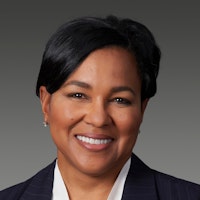 Rosalind BrewerCEO of Walgreens Boots Alliance
Rosalind BrewerCEO of Walgreens Boots Alliance -
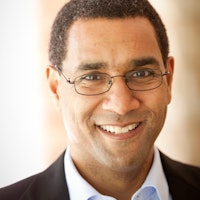 Sean DecaturPresident, Kenyon College
Sean DecaturPresident, Kenyon College -
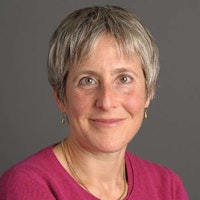 Jody LewenExecutive Director, Prison University Project
Jody LewenExecutive Director, Prison University Project -
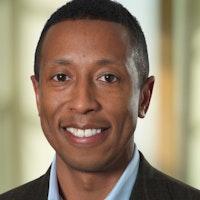 Allan GolstonPresident, United States Program, Bill & Melinda Gates Foundation
Allan GolstonPresident, United States Program, Bill & Melinda Gates Foundation -
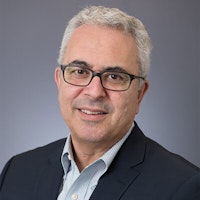 Joshua WynerExecutive Director of The Aspen Institute’s College Excellence Progra...
Joshua WynerExecutive Director of The Aspen Institute’s College Excellence Progra... -
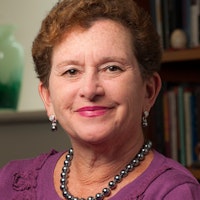 Nancy CantorChancellor, Rutgers University
Nancy CantorChancellor, Rutgers University
- 2016 Festival
- Education
Explore More
Education


Young people in America are struggling. The causes are varied and may not be entirely clear, but the results are unfortunately unmistakable. Many of our youth feel lonely, iso...

Finding the national and global headlines understandably bleak lately? Whether you need mental distraction or stimulation, engross yourself in compelling topics and get a gli...

Today's kids are coming of age against a backdrop of political, social, technological and economic upheaval. While these circumstances are shaping a precocious generation that...

In “Mindset Matters,” Daniel R. Porterfield advances the argument for the value of undergraduate education and suggests ways to improve education for new generations. Three co...

The Walton Family Foundation’s latest research with Gallup shows that young people need a sense of purpose in school and work to feel happy—and the right adult mentors and gui...

Academia is beset by challenges related to free speech, admission policies, donor pressures and soaring costs. University leaders are simultaneously negotiating these minefiel...
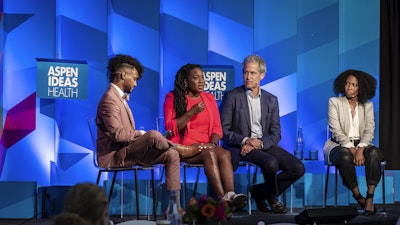
Structural racism, reflected in uneven access to care, inequitable community conditions, and the wealth gap, drives persisting racial disparities in health. Unconscionable dif...

Mental health crises are plaguing Americans. Despite parity mandates that require mental health services to be reimbursed like any other medical service, clinician shortages,...

The Broadway musical “How to Dance in Ohio” is the true story of a group of young people with autism preparing for a formal dance. Based on a documentary of the same name, the...

Katharine Hayhoe is an atmospheric scientist and Chief Scientist for The Nature Conservancy. Ahead of Aspen Ideas: Climate next week, we caught up with Dr. Hayhoe to discuss t...


Shakespeare is ubiquitous in literature classes and theater, but the avenues of relating to his work are not always clear to young people and modern audiences. Some, such as S...


When Sal Khan created Khan Academy, he was trying to scale up the successful experiences he’d had tutoring his cousins one-on-one in math. He saw how effective it could be for...
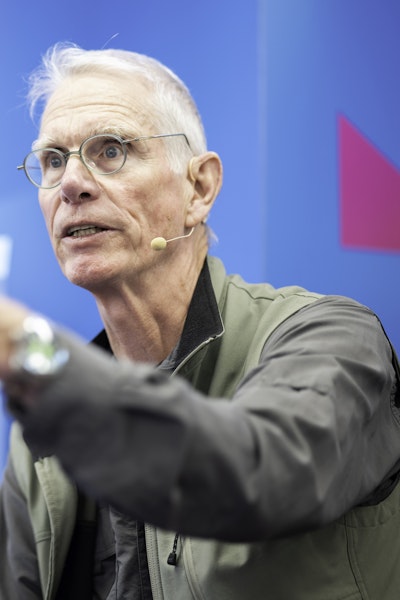
Do American universities have an obligation to educate their students to be the next generation of citizens and civic leaders? What does it mean for a university “to offer stu...
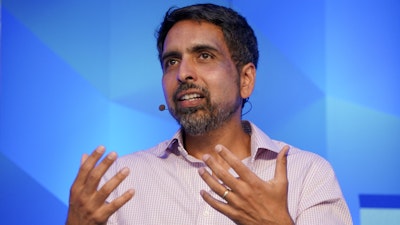
At a moment when decades of academic achievement have been lost, can we amplify the benefits of A.I. equally across society, or will we allow a deeper digital divide to leave...
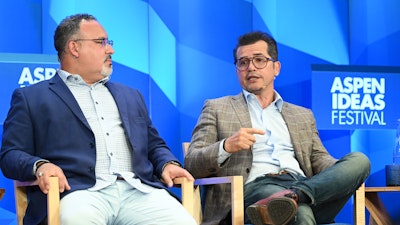
Digital skills open doors to jobs in tech, media, and across all industries. Connecting diverse students and workers with the education and training needed for the 92% of toda...

As members of the Giving Pledge, Melanie and Richard Lundquist have given more than $400 million over the past decade to critical causes ranging from educational opportunity t...

With students learning in more places and different ways than we have ever seen, the pace of change in education is dizzying. Join our panel of education experts in a discussi...
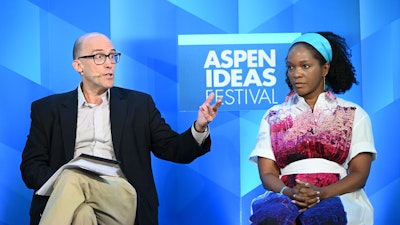
In this new Aspen Ideas format, all attendees gather each morning to kick off the day by exploring a current issue of deep complexity. This year, the Supreme Court is once...
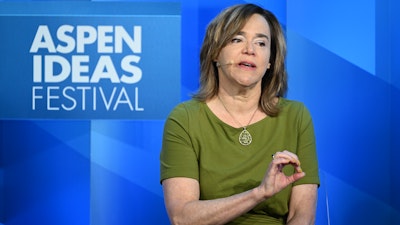
In this new Aspen Ideas format, all attendees gather each morning to kick off the day by exploring a current issue of deep complexity. Debates over the content of our hist...

Why is there resistance to the idea that public funds should be used for art? What does it mean for the stewardship of cultural and educational organizations and the support o...





